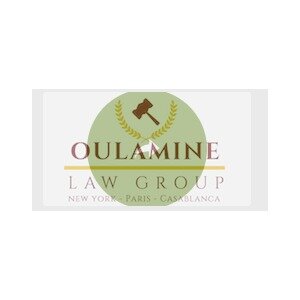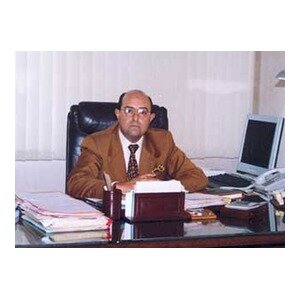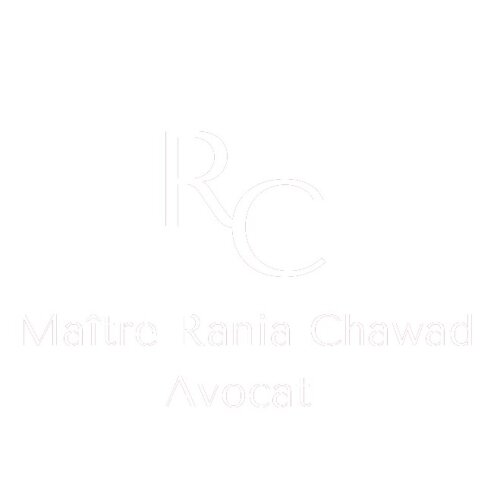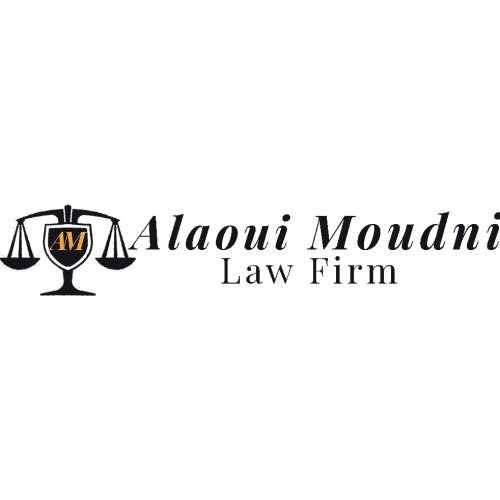Best Real Estate Contracts and Negotiations Lawyers in Morocco
Share your needs with us, get contacted by law firms.
Free. Takes 2 min.
Free Guide to Hiring a Real Estate Lawyer
Or refine your search by selecting a city:
List of the best lawyers in Morocco
About Real Estate Contracts and Negotiations Law in Morocco
In Morocco, real estate transactions are governed by a set of legal rules and regulations that ensure the protection of parties involved in property deals. These laws cover various aspects such as buying, selling, leasing, and the transfer of property rights. Contracts must often be formalized in writing and involve multiple checks and balances to protect contractual obligations and ensure transparency. Additionally, negotiations in real estate transactions require a detailed understanding of local customs, legal requirements, and market conditions to come to a favorable and fair agreement.
Why You May Need a Lawyer
Engaging a lawyer in real estate matters is critical to navigate the complexities of property contracts and negotiations. Some common situations where legal assistance may be necessary include:
- Interpreting and drafting sale and purchase agreements.
- Handling disputes over property boundaries or rights.
- Ensuring compliance with local zoning laws and regulations.
- Managing the legal process in property inheritance or transfer.
- Dealing with lease agreements and tenant-related issues.
- Advising on financial obligations and taxation in real estate deals.
Local Laws Overview
Moroccan real estate law is heavily influenced by both civil law and Islamic law principles. Key aspects include:
- Property Registration: Most real estate transactions require official registration with the Moroccan Agency for Land Registration, Cadastre, and Cartography to ensure legal ownership.
- Notarial System: A public notary often oversees the transaction process, ensuring that contracts comply with legal requirements.
- Protection of Property Rights: The Moroccan Constitution and various statutes offer protection for owning property, albeit with some restrictions for foreign nationals.
- Transfer Taxes: These include registration fees, notary fees, and other municipal charges.
Frequently Asked Questions
What is the role of a public notary in real estate transactions?
A public notary in Morocco acts as a legal officer who authenticates documents, ensures the legality and security of the real estate transaction, and provides legal advice to ensure compliance with applicable laws.
Can foreigners own property in Morocco?
Yes, foreigners can own property, although certain restrictions apply, particularly for agricultural land. Legal assistance can help navigate these exceptions and execute proper ownership transfers.
What taxes are payable during a property transaction?
Taxes include registration fees, which are generally around 4%, as well as notary fees and other relevant municipal taxes.
How long does it typically take to complete a property purchase?
Real estate transactions can take between 3 to 6 months to complete, subject to the complexity of the deal, registration processes, and compliance with legal procedures.
What happens if there is a dispute over a contract?
If disputes arise, parties can resort to legal negotiation, mediation, or litigation in Moroccan courts to resolve the matter.
What documents are required for selling a property?
Essential documents include the title deed, identity cards, proof of payment for taxes and utilities, and a copy of the real estate sales contract.
How can lease agreements be terminated?
Lease agreements can be terminated by mutual agreement, after the lease period ends, or due to breach of contract terms. The process must comply with Moroccan tenancy laws.
What should one consider when buying property in Morocco?
Aspects to consider include neighborhood dynamics, property valuation, legal title verification, and existing liabilities or encumbrances attached to the property.
Are there special rights for tenants in Morocco?
Tenancy laws in Morocco provide rights, such as security of tenure and anti-eviction protections, particularly in residential agreements. Legal advice can help understand specific rights and obligations.
Do I need insurance when purchasing property?
While not mandatory, it is advisable to have property insurance to protect your investment against unforeseen events like theft, fire, or natural disasters.
Additional Resources
For further assistance, consider reaching out to:
- The Moroccan Agency for Land Registration, Cadastre, and Cartography
- Local municipal offices for guidance on zoning and construction regulations
- Legal associations that specialize in real estate law
- Professional real estate agencies and certified notaries
Next Steps
If you require legal assistance in real estate contracts and negotiations in Morocco, consider the following steps:
- Consult with a reputable real estate lawyer who specializes in Moroccan property law.
- Gather all relevant documents and information related to your real estate matter.
- Determine your objectives and concerns, and discuss them clearly with your legal advisor.
- Ensure you understand the legal implications and options available for your specific situation.
- Engage in transparent communication throughout the process to facilitate successful negotiations and transactions.
Lawzana helps you find the best lawyers and law firms in Morocco through a curated and pre-screened list of qualified legal professionals. Our platform offers rankings and detailed profiles of attorneys and law firms, allowing you to compare based on practice areas, including Real Estate Contracts and Negotiations, experience, and client feedback.
Each profile includes a description of the firm's areas of practice, client reviews, team members and partners, year of establishment, spoken languages, office locations, contact information, social media presence, and any published articles or resources. Most firms on our platform speak English and are experienced in both local and international legal matters.
Get a quote from top-rated law firms in Morocco — quickly, securely, and without unnecessary hassle.
Disclaimer:
The information provided on this page is for general informational purposes only and does not constitute legal advice. While we strive to ensure the accuracy and relevance of the content, legal information may change over time, and interpretations of the law can vary. You should always consult with a qualified legal professional for advice specific to your situation.
We disclaim all liability for actions taken or not taken based on the content of this page. If you believe any information is incorrect or outdated, please contact us, and we will review and update it where appropriate.
Browse real estate contracts and negotiations law firms by city in Morocco
Refine your search by selecting a city.

















